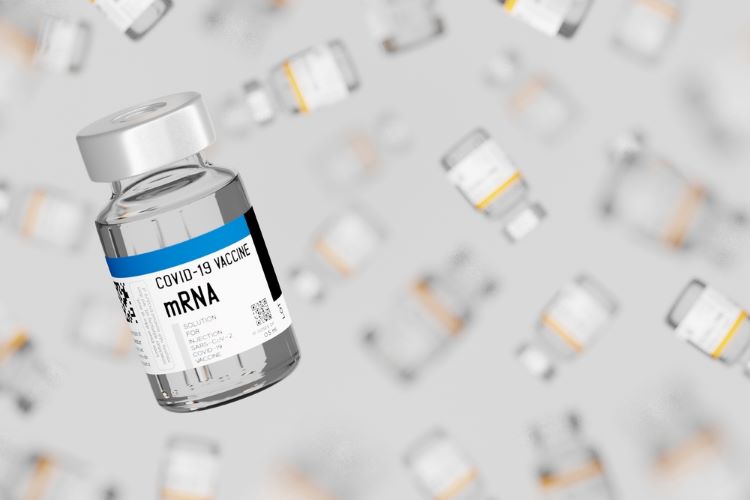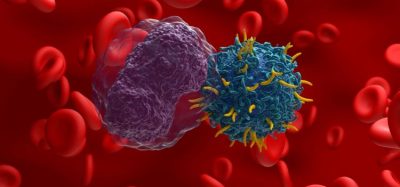sa-mRNA vaccine facilitates durable COVID-19 immunisation
Posted: 20 September 2023 | Catherine Eckford (European Pharmaceutical Review) | No comments yet
A novel sa-mRNA vaccine has demonstrated the ability to provide prolonged protection against COVID-19 at lower doses, Phase I/II data shows.


Results of a Phase I/II study has revealed that a booster dose of a novel, self-amplifying messenger RNA (sa-mRNA) COVID-19 vaccine induces a robust, broadly cross-reactive, and durable immune response in adults.
Three sa-mRNA vaccines used in the clinical trial enabled participants to maintain elevated immune response through 12 months post-vaccination. This promising data was presented at the European Scientific Working Group on Influenza’s 9th ESWI Influenza Conference in Spain.
“Current mRNA technologies provide effective initial immunogenicity against COVID-19, but the results of this study show that our sa-mRNA vaccine platform can offer improvements in duration and breadth of protection against new and emerging variants,” stated Igor Smolenov, Chief Development Officer of Arcturus Therapeutics, the company that developed the vaccine.
[sa-mRNA shows potential in solving] the challenge of mRNA vaccine waning immunity over time, and thereby provide prolonged protection at lower doses”
sa-mRNA provides the body with instruction to make copies of the mRNA, increasing the amount of protein that is made.
“We are encouraged by the findings of the study, indicating the sa-mRNA platform’s potential to solve the challenge of mRNA vaccine waning immunity over time, and thereby provide prolonged protection at lower doses,” commented Dr Esther Heijnen, Vice President of Clinical Development for CSL Seqirus’ Vaccines Innovation Unit.
Results of the sa-mRNA vaccine study
The Phase I/II study was conducted in the US and Singapore with 36 participants who had been previously immunised with approved COVID-19 mRNA vaccines.
Participants received one booster dose on Day 1 of either the ARCT-021, ARCT-154, or ARCT-165 vaccines. These products all encode the SARS-CoV-2 full-length S glycoprotein of, respectively, the ancestral strain in native conformation, a prefusion-stabilised B.1 variant including the D614G mutation, or the Beta variant.
Immunogenicity was assessed as neutralising antibody titers against the SARS-CoV-2 D614G strain, and a panel of SARS-CoV-2 variants measured by pseudoviral microneutralisation assay on Days 1, 15, 29, 91, 181, 271, and 366.
All three vaccines induced robust neutralising immune response against the D614G variant at Day 29. Geometric mean fold rises (GMFR) from pre-booster levels were 20.0, 36.7 and 23.5 after ARCT-021, ARCT-154, and ARCT-165, respectively.
Leading candidate ARCT-154 induced a broad, cross-neutralising immune response. This was maintained up to one-year post-booster with no further boosting.
Similar trends were observed for other SARS-CoV-2 variants including Beta, Delta, Omicron BA.1, Omicron BA.2, and Omicron BA.4/5.
Additional exploratory testing confirmed cross-neutralisation against emergent BQ.1.1 and XBB.1.5 Omicron sub-lineages with GMFRs of 12.8 and 3.4, respectively, at Day 29 post-booster.
Related topics
Antibodies, Biopharmaceuticals, Clinical Development, Clinical Trials, Drug Development, Drug Safety, Immunisation, Research & Development (R&D), Technology, Therapeutics, Vaccines, Viruses









